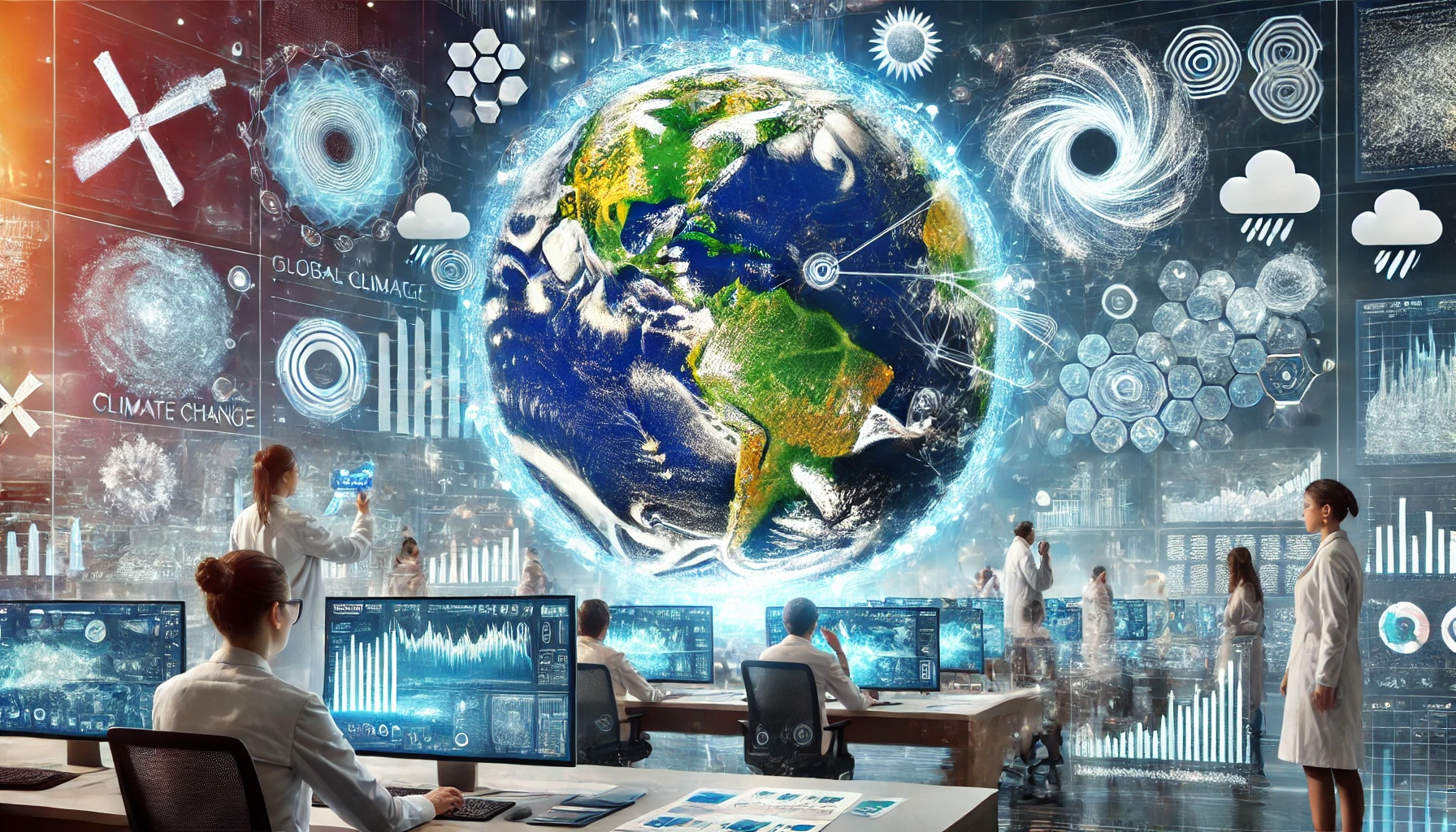AI-Powered Climate Change Models: How Artificial Intelligence is Revolutionizing Climate Forecasts for 2050

The Race to Predict 2050: AI Joins the Climate Fight
If you think AI is only here to make your smartphone smarter or help robots do parkour, think again. Artificial intelligence is revolutionizing one of the most critical challenges we face: predicting climate change. Climate models, once limited by human-made parameters and computational power, are now getting a serious AI upgrade. From MIT to Oxford, research labs are leveraging machine learning algorithms to crunch massive amounts of climate data faster and more accurately than ever before.
Why Traditional Models Fall Short
Conventional climate models, while useful, have always had their limitations. They depend on a lot of assumptions and can only handle so many variables at once. Enter AI. These new models don’t just analyze data; they learn from it. Machine learning algorithms are designed to find hidden patterns and make real-time predictions that are way more refined than traditional models. In fact, AI is able to simulate complex climate interactions that we didn’t even know existed.
AI vs. the Chaos of Weather
One of the trickiest parts of forecasting climate is dealing with weather—a chaotic system at its core. AI helps bridge that gap. Thanks to neural networks and deep learning, AI-powered models are getting better at managing uncertainties. Some of the latest advancements allow these models to process terabytes of data from satellite images, ocean temperatures, atmospheric conditions, and more. The result? AI-generated forecasts that are more precise, particularly in predicting extreme weather events.
AI Models: A Global Collaboration
What’s most exciting is how collaborative this AI-driven climate effort has become. Take DeepMind, the British AI lab, which partnered with the European Center for Medium-Range Weather Forecasts. Their AI models are producing highly accurate weather predictions weeks in advance, which is critical for disaster preparedness. Meanwhile, across the globe in Japan, Fujitsu’s AI is aiding in the development of models that can predict regional climate shifts over decades. Everyone’s jumping into the AI climate race, and the stakes couldn’t be higher.
The Debate: Can AI Save the World?
Of course, there’s always skepticism. Can AI really save us from climate catastrophe, or are we putting too much faith in the machines? Critics argue that while AI can improve models, it still can't account for socio-political decisions that affect climate outcomes. However, one thing is clear: AI is making climate predictions more accurate, and fast. The real question is, will governments and industries act fast enough to use this data to implement meaningful changes?
Looking to the Future: AI’s Climate Revolution
The future of climate forecasting looks promising, but there's still a long road ahead. AI will continue to evolve, providing us with even more detailed insights. As we edge closer to 2050, AI’s role in climate science will only grow. Think of AI as the weather wizard of the future, predicting everything from rising sea levels to changes in agricultural yields. What’s more, AI will likely be integrated into everything from policy-making to infrastructure planning. The future may be uncertain, but with AI at the helm, it’s a little less foggy.
So, Can AI Save the Planet Before It’s Too Late?
Artificial intelligence is undoubtedly transforming how we predict and plan for climate change, but it's not a silver bullet. What will really make a difference is how quickly we act on these predictions. AI can show us the way, but we still need to take the steps. So, are we ready to put our trust in AI and let it guide us toward a sustainable future? Or are we waiting for 2050 to find out?



